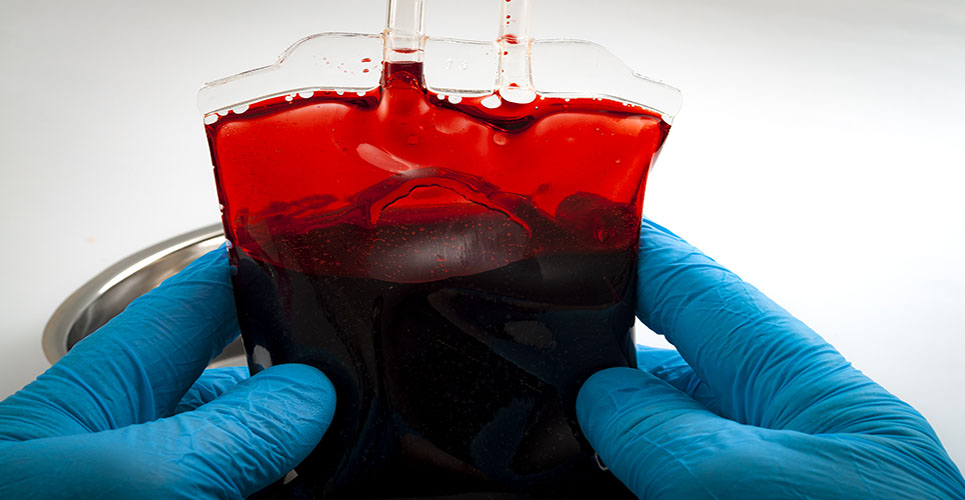teaser
The chemotherapy drugs required to push a common form of adult leukaemia into remission may contribute to DNA damage that can lead to a relapse of the disease in some patients, according to a study published in Nature.
Results of the new research, conducted at Washington University School of Medicine, suggest that chemotherapy contributes to relapse in cancer patients by damaging DNA and generating new mutations that allow tumour cells to evolve and become resistant to treatment.
“The mutations in acute myeloid leukaemia (AML) patients who have relapsed are different from those present in the primary tumour, and they are more likely to have a tell-tale signature of DNA damage,” said senior author John DiPersio, Professor of Medicine and Chief of the Division of Oncology.
“This suggests that mutations in the relapse cells are influenced by the chemotherapy drugs the patients receive.”
Co-author Timothy Ley, Professor of Oncology, added: “Chemotherapy drugs are absolutely necessary to get leukaemia patients into remission, but we also pay a price in terms of DNA damage.
“They may contribute to disease progression and relapse in many different cancers, which is why our long-term goal is to find targeted therapies based on the mutations specific to a patient’s cancer, rather than use drugs that further damage DNA.”
Researchers sequenced the genomes of cancer cells before and after relapse in eight patients with AML and compared the genetic sequences to healthy cells from the same patients.
All patients received cytarabine and an anthracycline drug to induce remission plus additional chemotherapy.
The researchers isolated the DNA segments that contained every mutation in the samples of cancer cells and sequenced those regions nearly 600 times each, which substantially increased the statistical accuracy of the results.
The researchers found that the relapsed cancer cells did not contain a large number of new mutations, as some had predicted.
In fact, while the relapsed cells in all the patients had gained some mutations, the percentage was relatively small compared to the number of mutations in the primary tumour.
The scientists also discovered a type of mutation in the relapsed cells that is associated with DNA damage.
Transversions were significantly higher for relapse-specific mutations (46%) than for primary-tumour mutations (31%), suggesting that the chemotherapy may have contributed to some of these mutations.
Genome sequencing also revealed two major patterns of evolution of cancer cells linked to AML relapse.
All patients had a single founding clone: a cluster of cancer cells – all with the same mutations – that define the leukaemia.

